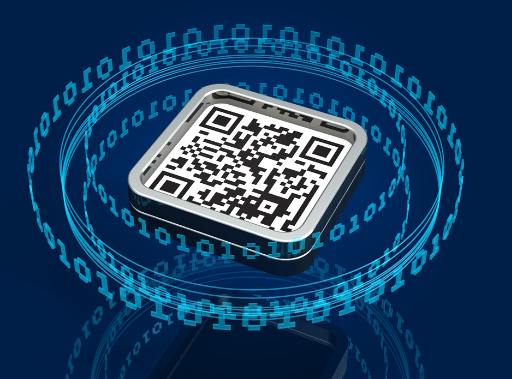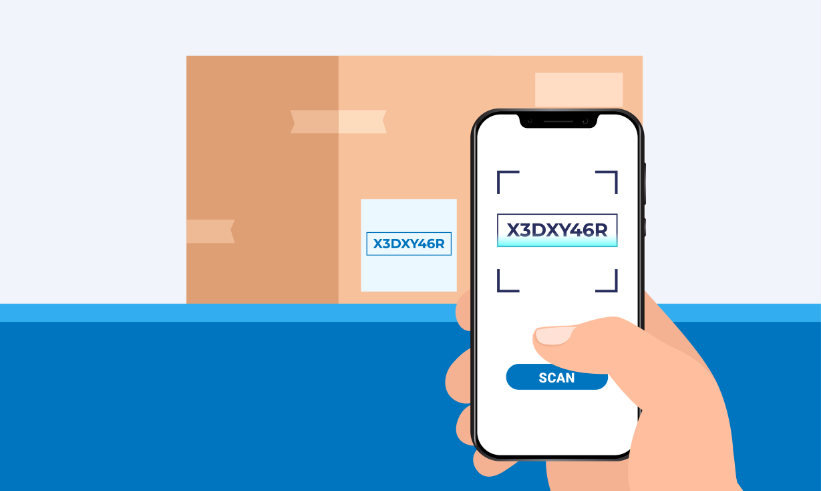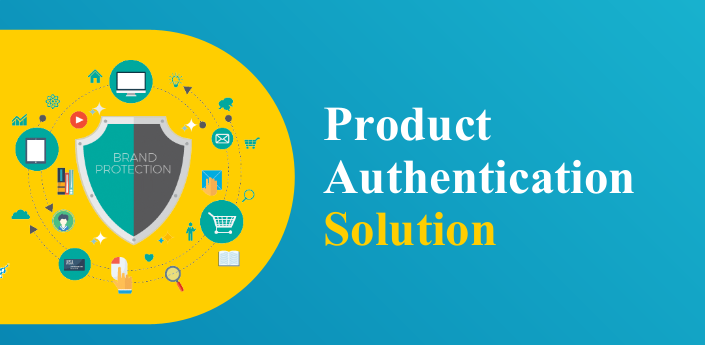What is Product Authentication Software
Table of Contents
ToggleWhat is Product Authentication Software? and Why It's important
Product authentication software is a type of software that provides a way to verify the authenticity of products. It is typically used by manufacturers to prevent counterfeiting and to ensure that their products are genuine or fraudulent. Counterfeiting is a significant problem for many manufacturers, particularly those who produce high-value goods such as luxury items, electronics, and pharmaceuticals. Counterfeit products can not only harm a manufacturer’s brand reputation but can also be dangerous to consumers if they are of substandard quality.

Product authentication software uses a range of technologies such as QR codes, barcodes, and RFID tags to track and verify products. These technologies provide a way to uniquely identify each product, and to track its movements throughout the supply chain. For example, a manufacturer may use a barcode to identify each product, and may scan the barcode at various points in the supply chain to track its movement from the factory to the distributor or retailer.
Product authentication software can also include features such as machine learning algorithms, which can help to identify patterns of counterfeiting and fraud. For example, the software may analyze sales data to identify retailers that are selling a high volume of counterfeit products, or may use image recognition technology to identify counterfeit products based on their appearance.
Product authentication software is important for several reasons. First, it helps to protect consumers from counterfeit or substandard products that may be unsafe or ineffective. Counterfeit products can be difficult to distinguish from genuine products, and can pose a risk to consumers if they are used. Product authentication software helps to prevent this by providing a way to verify the authenticity of a product before it is purchased or used.
Second, PAS helps to protect manufacturers from the economic and reputational damage that can result from counterfeiting. Counterfeit products can harm a manufacturer’s brand reputation, and can also result in lost revenue and profits. Product authentication software helps to prevent this by enabling manufacturers to track and verify their products, and to take action against counterfeiters.

The Indian government has made it mandatory for certain businesses to use product authentication software as per the Drugs and Cosmetics Rules, 1945. Specifically, the Ministry of Health and Family Welfare issued a notification in 2019 mandating the use of track and trace technology, which includes product authentication software, for certain categories of drugs.
Under the notification, pharmaceutical companies are required to implement a system to track and trace certain categories of drugs from the point of manufacture to the point of sale. The system must include a unique identifier for each drug package, which can be verified through product authentication software. The unique identifier must also be stored in a centralized database, which can be accessed by regulators to verify the authenticity of drugs.
In addition to pharmaceutical companies, the government of India has also mandated the use of product authentication software for certain types of exports. Specifically, the Directorate General of Foreign Trade has mandated the use of digital signatures and product authentication software for the export of select categories of goods, such as pharmaceuticals, engineering goods, and textiles.
Overall, PAS is an important tool for manufacturers and consumers alike. It helps to ensure that products are genuine, safe, and effective, and helps to protect manufacturers from the negative effects of counterfeiting. As counterfeiting continues to be a global problem, the importance of product authentication software is likely to continue to grow in the coming years.

